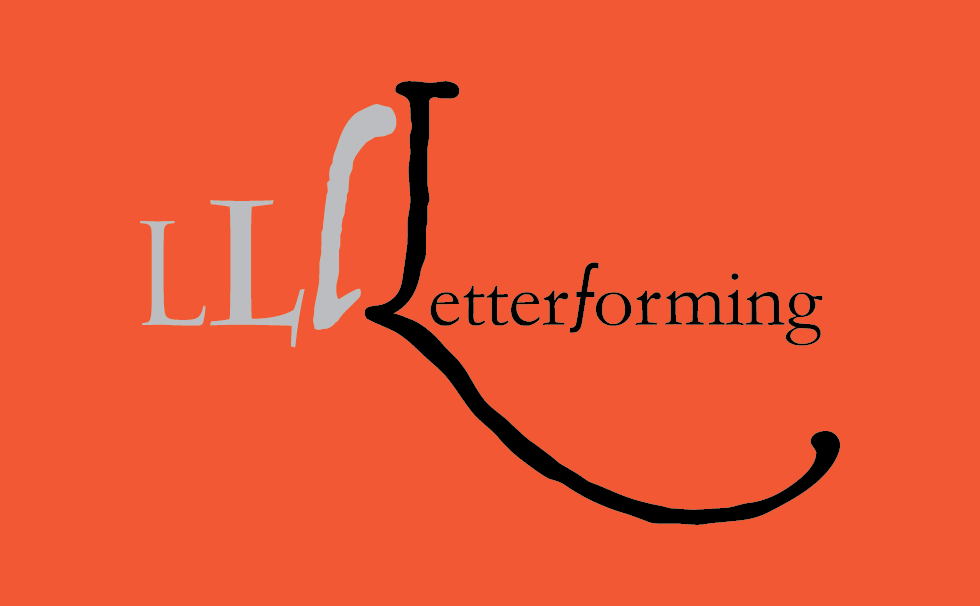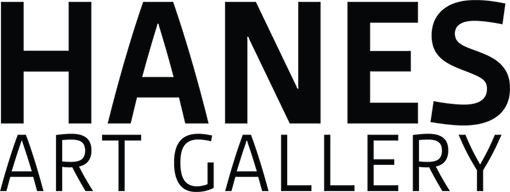Letterforming

Letterforming
OCTOBER 21 – DECEMBER 8, 2013
The ideas presented in the exhibition Letterforming are not new, at least to those who occupy themselves with studying the development of language, text, and image and observe how they interact. More intuitively, that fraught interaction is sensed by many people in daily encounters with words and images; the disparities and slippages between them, and their distance from speech.
Letterforming is not intended to be in any way definitive or exhaustive; rather, it is a brief and necessarily incomplete exploration of “how pictures became letters that became text, and are sometimes becoming pictures again.”
It consists of a historical overview of the complex development of letters and words from mostly pictorial beginnings, traced through the innovations of text, typefaces, and printing, and culminating with a view of our globalized trans-cultural world of logos, icons, and graffiti. With objects and images, it highlights historical moments of ferment, when the confluence of various forces resulted in radically diverse approaches to the problem of conveying ideas and information through writing and across cultures.
This historical overview, literally central to the exhibition, is then surrounded by contemporary examples of often peripheral but vital approaches to letterforming in the broadest sense. It is a sort of impressionistic look at the work of artists, anonymous workers, graffitists, and others employing word-image combinations and hybrids; unself-conscious vernacular script, posters, ancient text, defunct advertising, or “vandalism” enacted upon examples of “official” design in public spaces. Like a visual Occupy movement, these are often implicitly critical of the dubious certitude that official texts and the conventional deployment of words convey. The ambiguity of their visual poetics and eccentric aesthetics acts as a riposte to the corporate and bureaucratic impulse to design a codified, conformist, and ultimately controllable society.
The exhibition is coincident with Graphic Design: Now In Production at the nearby Southeastern Center for Contemporary Art (SECCA).
Curators
Marcus Keely, Assistant Director & Paul Bright, Director; Charlotte and Philip Hanes Art Gallery
Support
Wake Forest University:
Reception
Thursday, November 14 7:30-8:30 PM
Related Programs
Lynn Book Performs Kurt Schwitters’ Ursonate
Tuesday, November 5, 7-8:30 PM
The Biology of Symbols: Lecture by Robert Bringhurst
Thursday, November 14, 6-7:30 PM
John Stevens Book Signing
Tuesday, December 3, 4-5:30 PM
Related Links
- Heads and Letters at Hanes Gallery (WSJ)
- Renowned Typographer, Linguist, Poet Robert Bringhurst to Speak at Hanes Art Gallery (WFDD – TAUC)
- DaDa Poetry on Triad Arts Weekend (WFDD – TAUC)
- Lynn Book performing Kurt Schwitters’ Ursonate (PennSound)
- Video of Ursonate performance (YouTube)
- Letterforming Press Release


